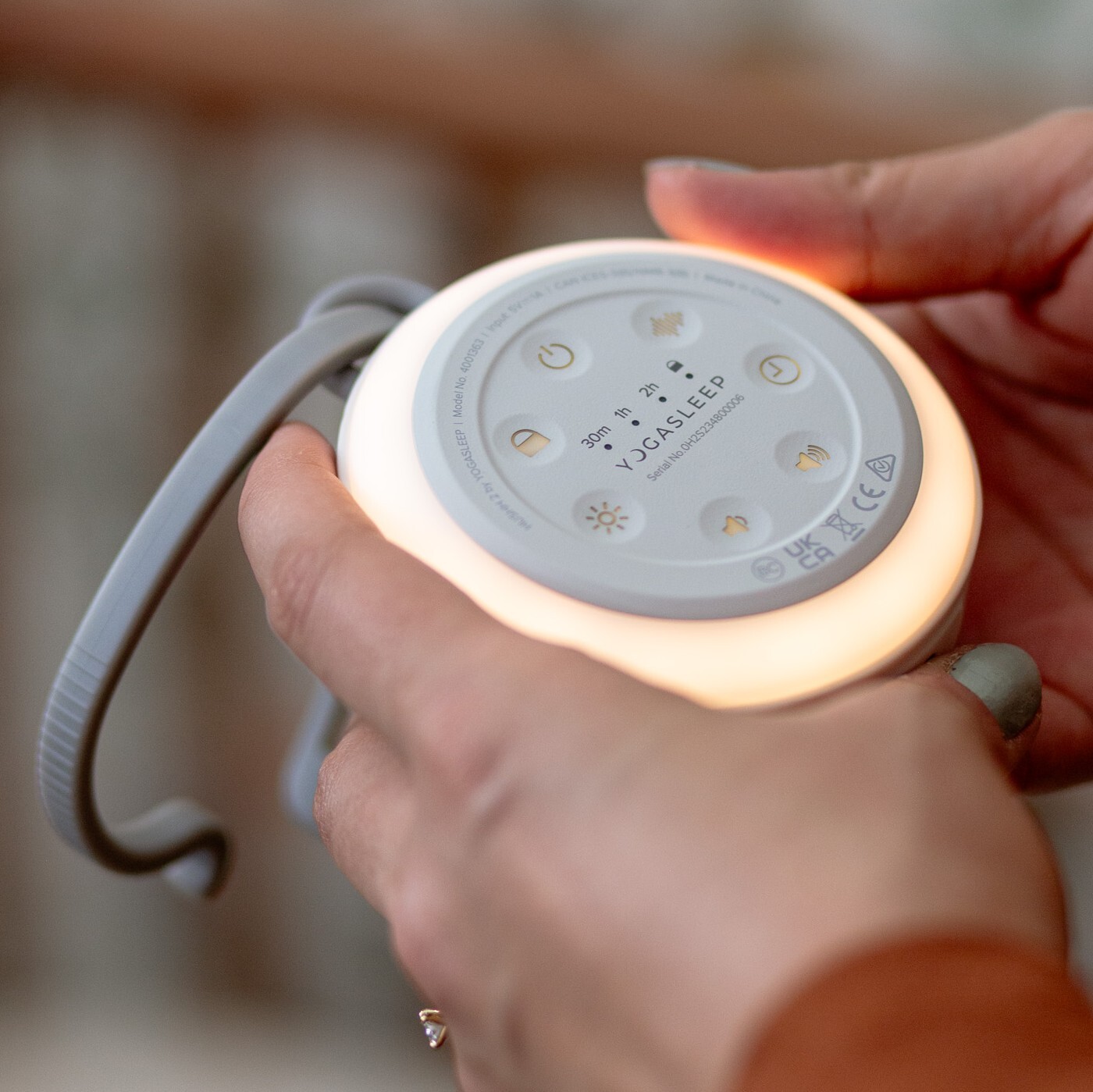How to Get Better Sleep When Pregnant
By Andrina Wilson
Getting a good night’s sleep while you’re pregnant can feel impossible. It is estimated that up to 80% of women will struggle with sleep insomnia during pregnancy. This is thought to be partly biological, due to hormonal changes and fluctuations, increased fatigue, baby’s movements, stress/anxiety and due to the increasing size of your uterus putting pressure on your bladder and nerves/ligaments. However, there are many things to try to improve your quality and hopefully quantity of sleep.
Take Natural Light
Try to make it part of your morning routine to spend 10-15 minutes outside in direct sunlight. This is important for melatonin production and your own circadian rhythms, which will set your body up to invite sleep more easily in the evening.
Eliminate Stimulants in your Diet
While is it generally considered safe to have small amounts of caffeine in your diet during pregnancy, it is best to avoid caffeine in the late afternoon – evening. Coffee is the most obvious stimulant which most people avoid from mid-afternoon, but chocolate can also become a problem if eaten in excess. 100g of dark chocolate has around ¼ the amount of caffeine in a regular sized coffee.
I absolutely wouldn’t suggest that a pregnant woman deprive herself of chocolate but instead, try to enjoy it earlier in the day and/or limit intake to small amounts in the evening. If you find yourself hungry in the evening time, replace chocolate with another snack which will promote sleep rather than hinder it.
Nutrition
Bananas are an excellent source of potassium which can help calm restless legs and prevent leg cramps, which can both be very common during pregnancy. They also contain magnesium which helps relax muscles and promote healthy circulation.
Greek yoghurt is also a great pro-sleep food because it contains tryptophan, required by the body to produce serotonin and melatonin. The unsweetened kind is best but paired with a banana and a cup of non-caffeinated herbal tea, would make a delicious, satisfying snack before bed, which may also have the extra benefits of improving your sleep.
Other foods which may improve sleep include:
-
Almonds
-
Salmon
-
Oatmeal
-
Eggs
-
Leafy Greens
-
Chickpeas
-
Kumara
-
Tart cherry juice





















